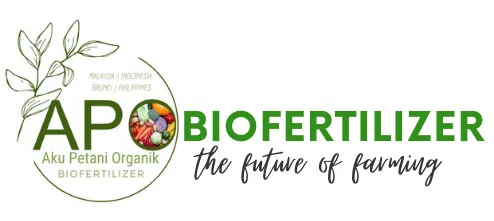Testimonies
Onion Crops have recovered from Army Worm infestation
APO Treatment from February 22 - March 1, 2024
March 3, 2024
Date of 1st Farm Visit: February 22, 2024
Farm Owner: John Carlo Cuison
Farm Location: Bayambang
Crops: Onions
Area: 4,000 sq m.
Age of Crops: 81 Days
Target Date of Harvest: 120 days or April 3, 2024
Right side: Onions of another farmer were harvested
Left side: 7 day-old Corn
Farm History:
Sowing Date: Direct Seeded on December 3, 2023
Synthetic Fertilizer applied: 3 Bags on the 1st 30 days
Crop Condition: Infested with Army Worms and the application of
insecticides as prevention started on January 22, 2024 or continues 1 month already
Assessment: Crops were 100% infested with army worms, but the damage is still medium scale. Onions are also looking like twister, which is a sign of stress due to the disease, pest and frequent application of strong insecticides. However, if not prevented, the damage can rise to heavy damage at a short span of time.
Level of difficulty from 1-10: 9 because the Farmer is already reliant and hoping for the effect of insecticide. Farmer must agree that in using APO Biofertilizer he willbe required to stop using insecticides.
Recommendations:
APO Treatment from February 22 – March 1.
Cease all application of insecticides.
Update on February 28 Farm visit:
Dried eggs or black eggs with small worms are seen on the infected
leaves
From the looks of its color, the Onions are recovering from stress, and plant vigor has been restored.
The onions are also growing new shoots.
Leaves have become straight and not twisted
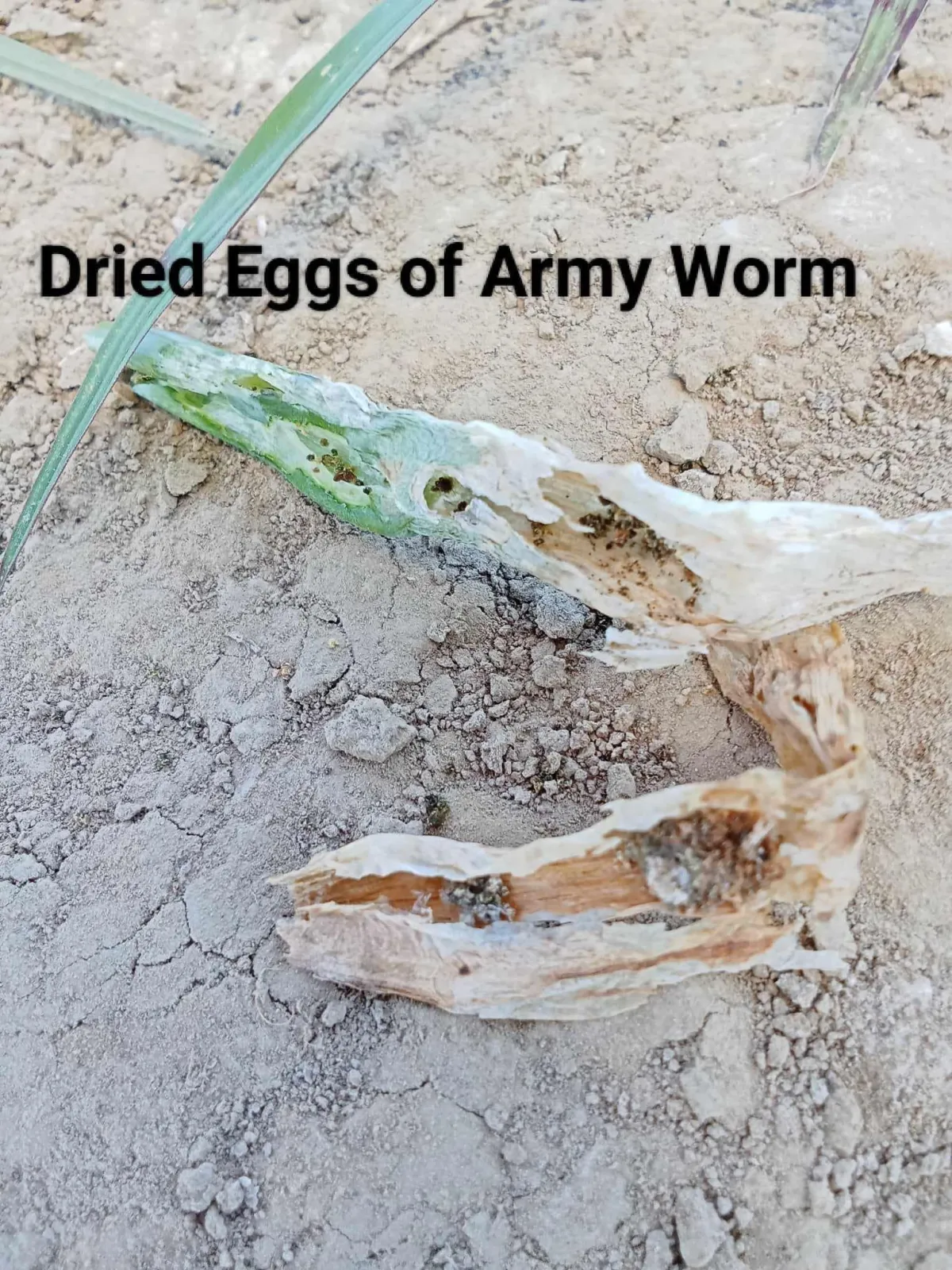
Drying the eggs of Fall Army Worm will eliminate their colony.
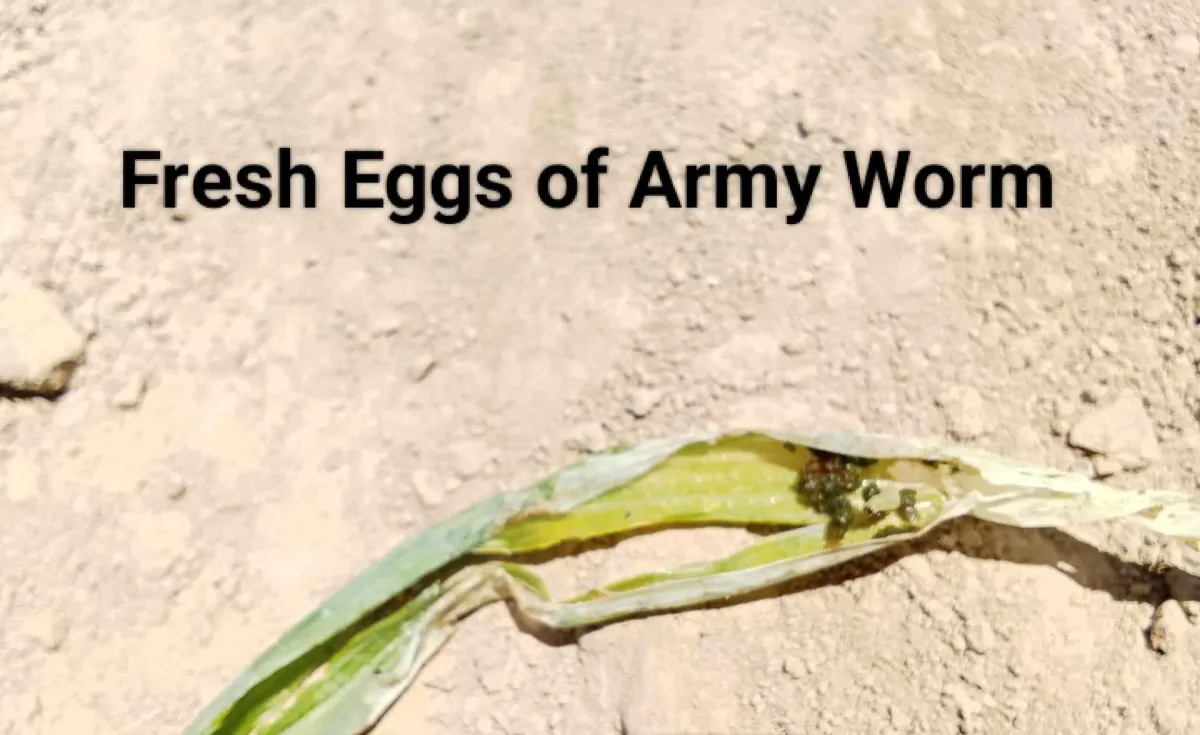
"Fruit are growing... "
4000 sqm. Onion Farm in Bayambang Pangasinan
Direct Seeded on Dec 3, 2023, expected for harvest on April 3, 2024. APO Treatment beginning on February 22 showed good results.
February 28, 2024
Dried Eggs
Fresh Eggs
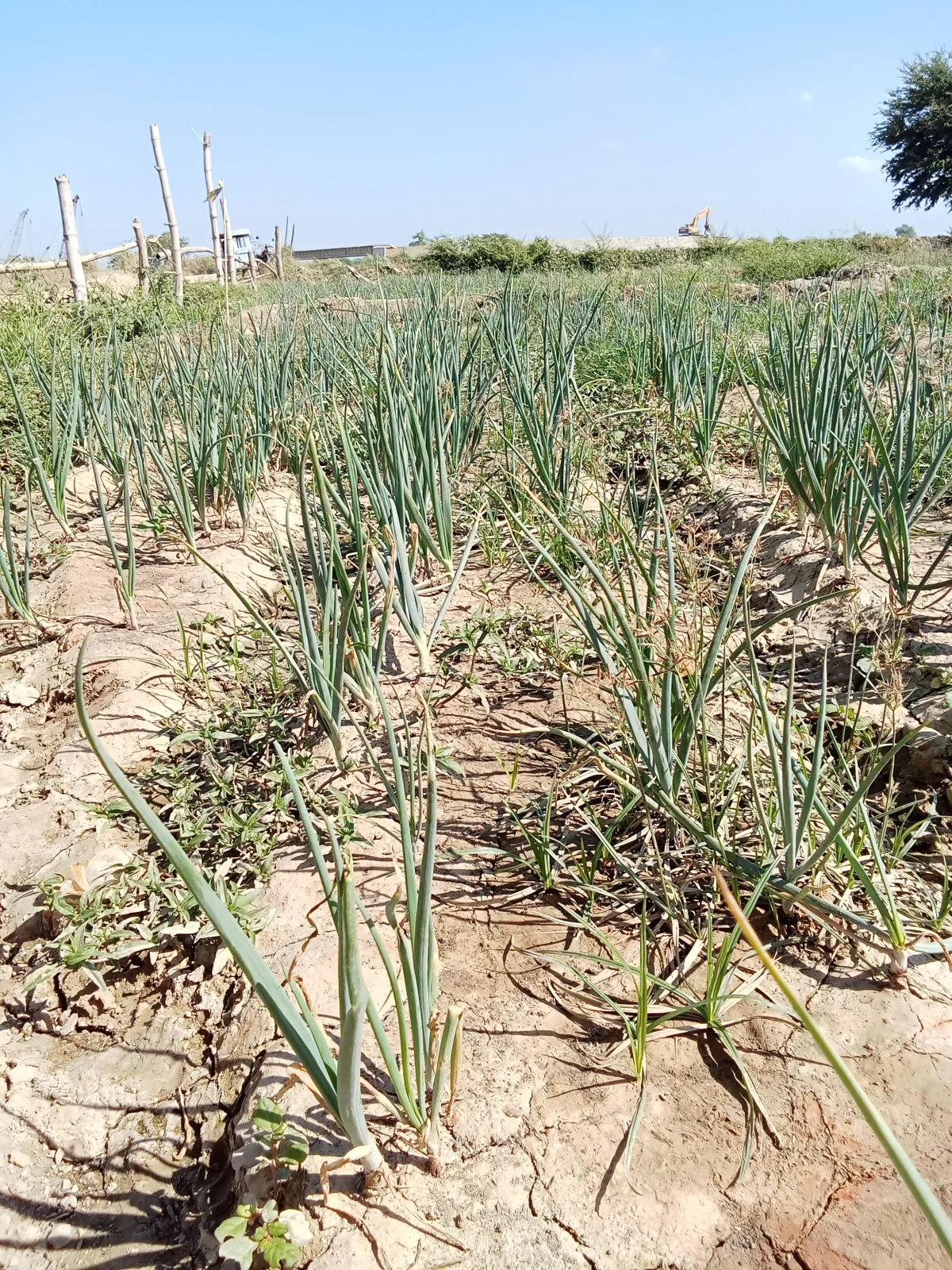
Regaining plant vigor.
Rice Farm of Sir Nicomedes Barangobong, Urdaneta City Pangasinan
Hi-bred variety. Green Technology Farming Program with Balanced Fertilization.
February 24, 2024
"Nawala ang Olmog" - Sir Nicomedes
Rice Farm of Brgy. Chairman Matias in Tobor, Malasiqui, Pangasinan
Day 95 Longpin Hi-bred variety. Capt. Matias availed the Green Technology Farming Program with Balanced Fertilization
February 24, 2024
1.2 Hectares Onion Farm of Pres. Tony Laitan Nancamaliran, Urdaneta City, Pangasinan
Heavily infested with Army Worm
February 8, 2024
February 8, 2024. Pres. Tony started to switch to APO Biofertilizer from the usual farmer's practice.
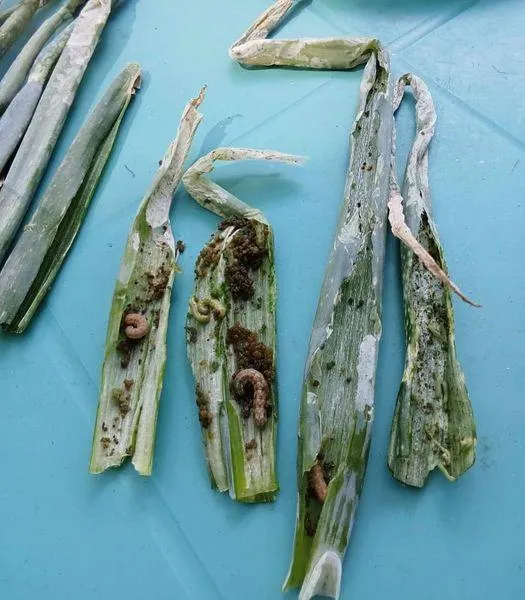
Insecticides application in the morning costs P1700 while P1200 in the evening yet the crops are still infected.
"Nawala ata.." - Pres. Tony
February 19, 2024
February 15, 2024
Update on the Onion farm of Sir Tony Laitan:
√ After 2 APO applications, they have noticed that there are no more Army worms crawling in the leaves of the Onions previously seen every morning.
√ Damaged leaves are regenerating.
√ Dried worm eggs and not fresh egss are noticable upon disection.
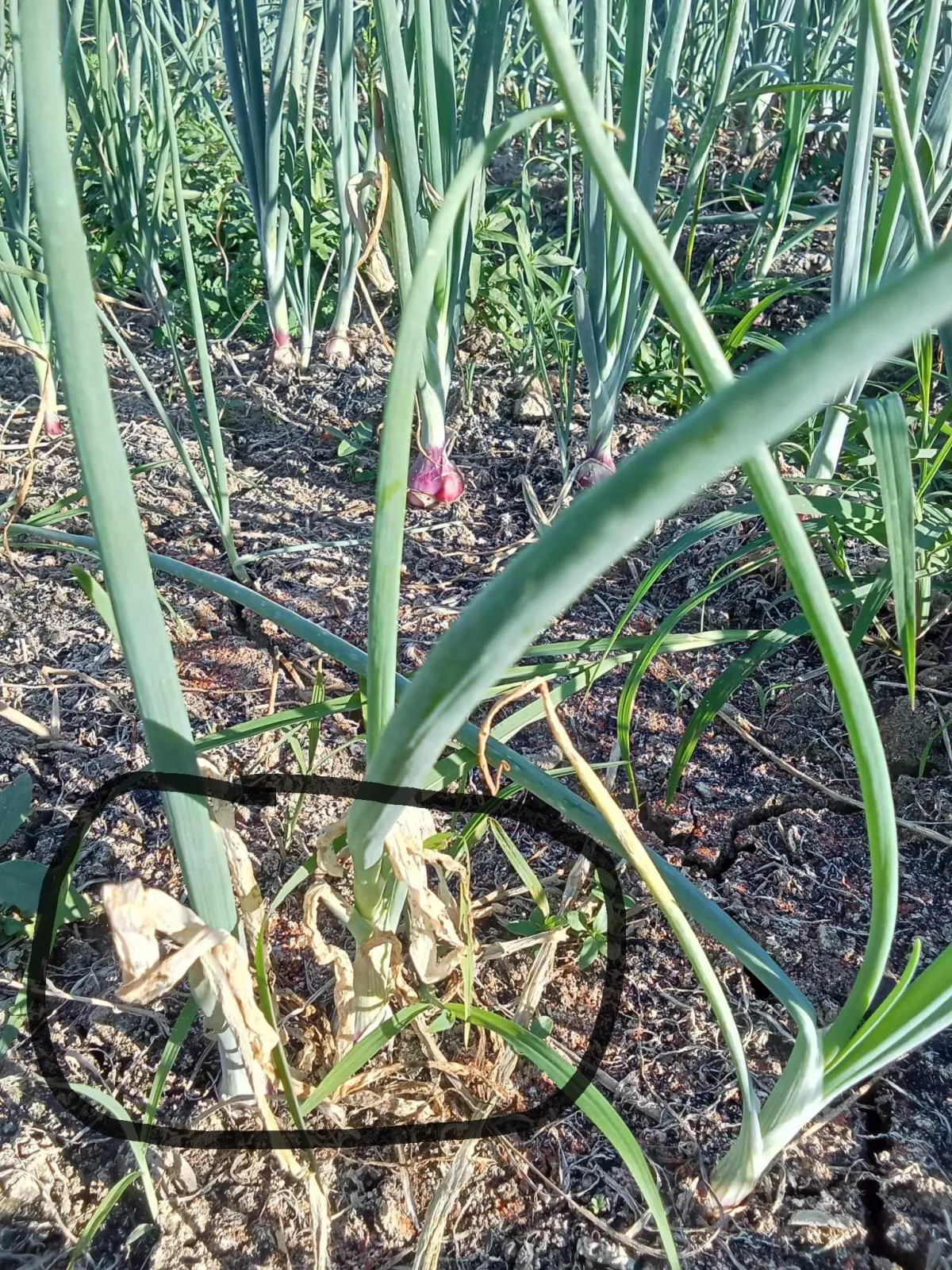
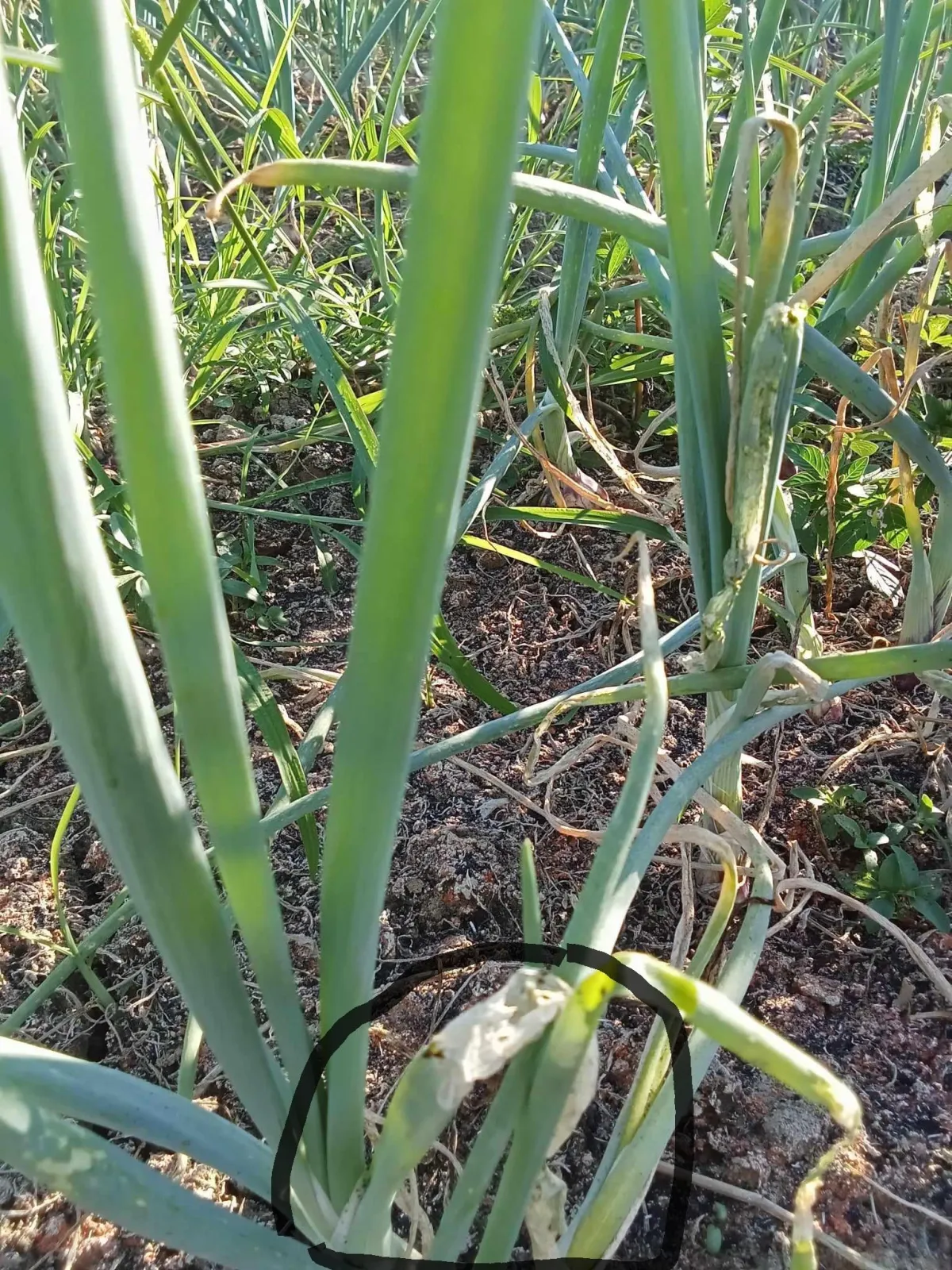
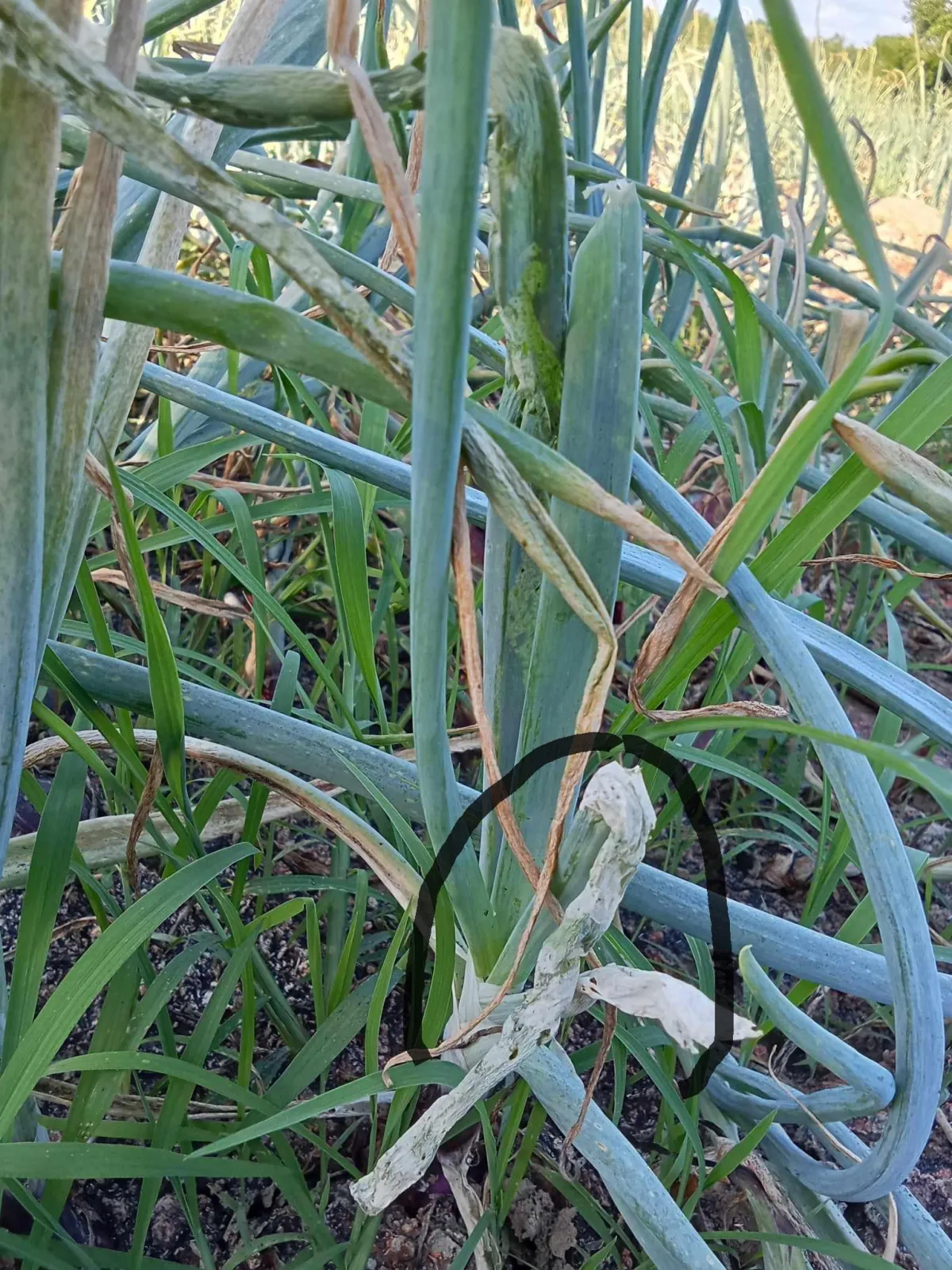
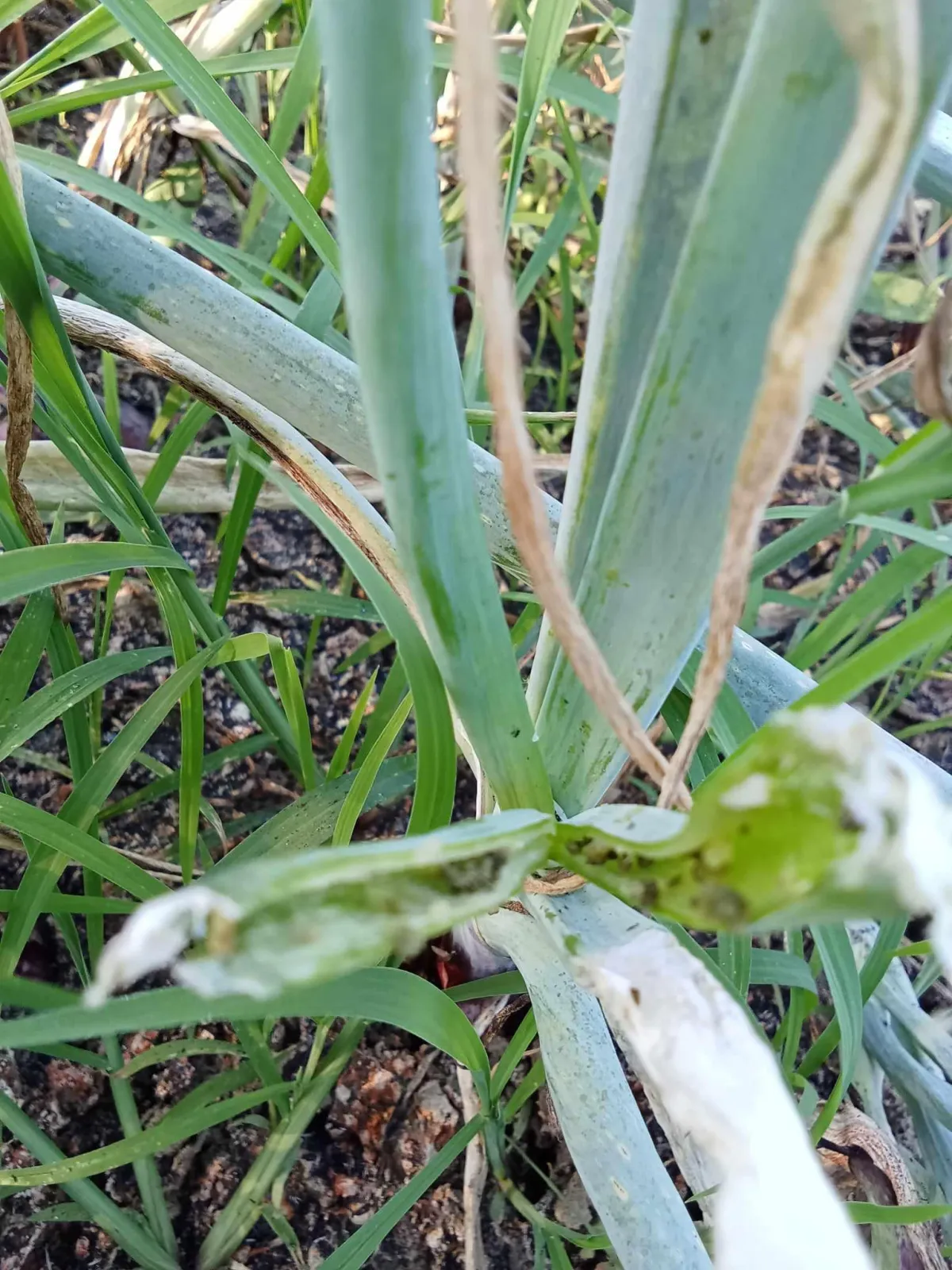
3 Hectares Rice Farm of Pres. Gary in Leet, Urdaneta City, Pangasinan
After APO Medication for 1 week, the farm recovered from stress due to drought and delayed transplanting. New tillers are growing, height has improved from its dwarfing condition and the abnormal growing of panicles has stopped.
January 28, 2024
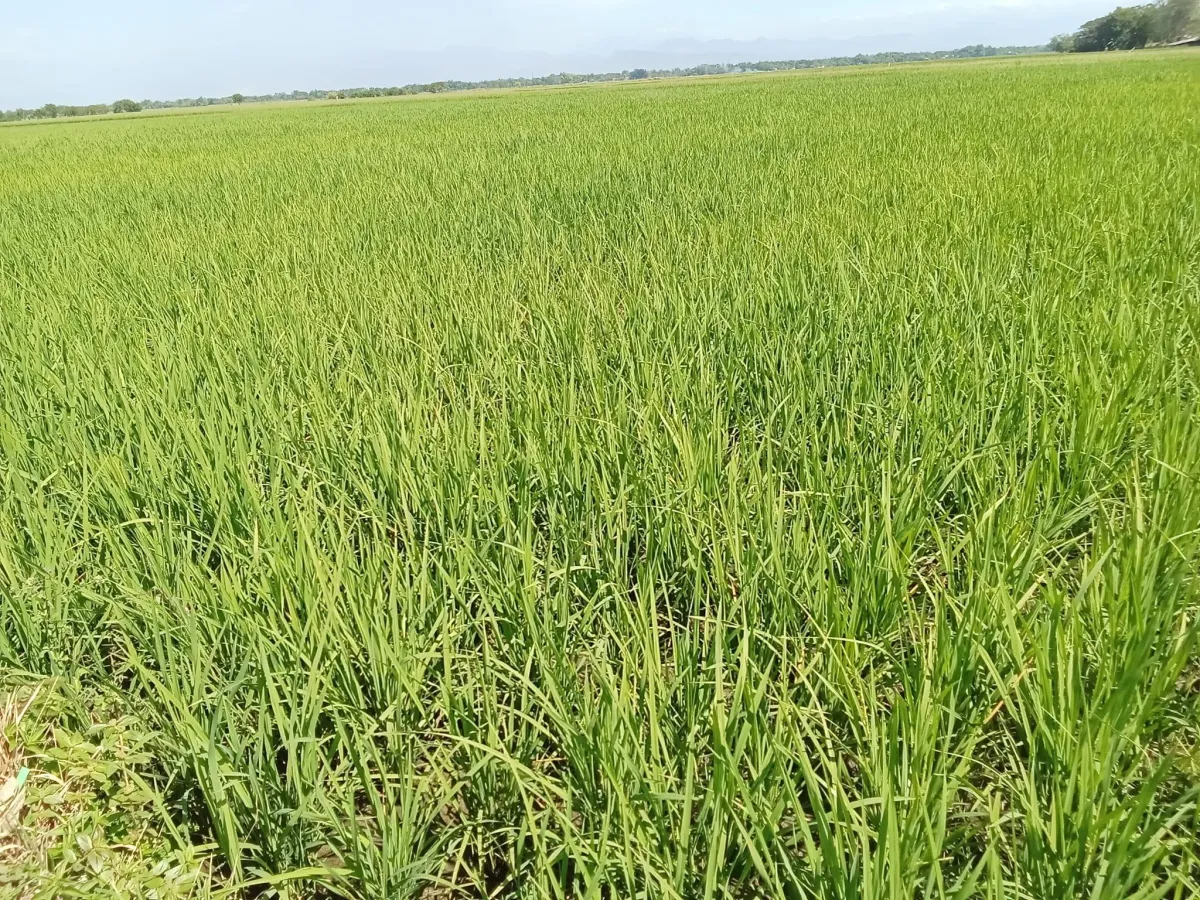
Fully recovered from stress due to drought and delayed transplanting.
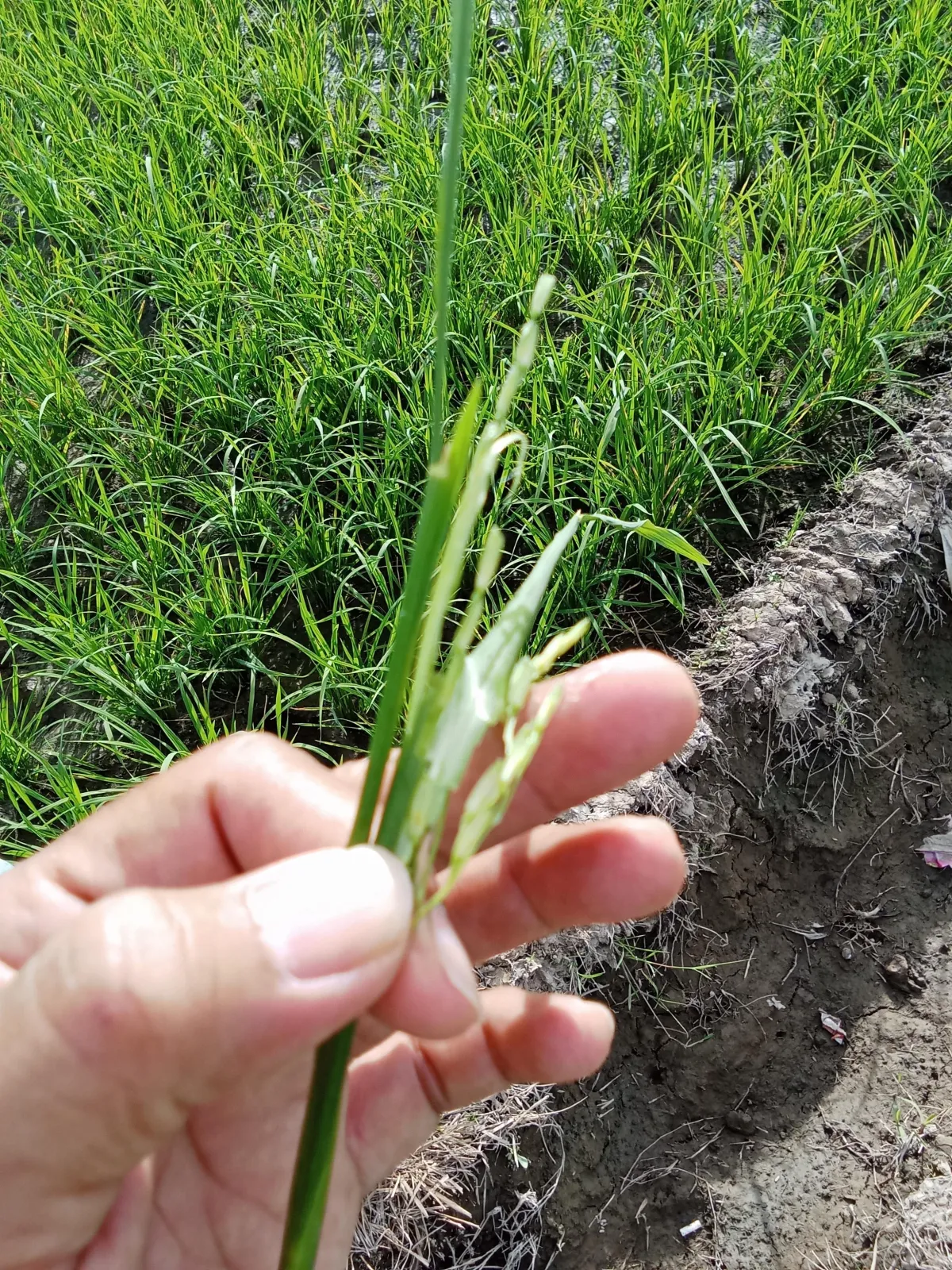
Abnormal growing of panicles at Day 62 from date of Punla due to stress caused by delayed transplanting.
January 19, 2024
1 Hectare Rice Farm of Pres. Willie Carbonel in Malanay, Mangaldan, Pangasinan
To see is to believe na daw ang APO Basal...
January 21, 2024
"Nakita ko na yung BASAL ng APO... to see is to believe na.." - Pres. Willie Carbonel
5,000 sqm. Rice Farm in San Quintin, Pangasinan
Direct Seeded on October 10, 2023. Crop condition at Day 37: Leaves are yellowish.Growing shoot are weak and drying. No changes in the crop condition even after the application of synthetic fertilizers and insecticides.
January 21, 2024
Challenge: To improve the crop's condition by getting rid of the Stemborer.
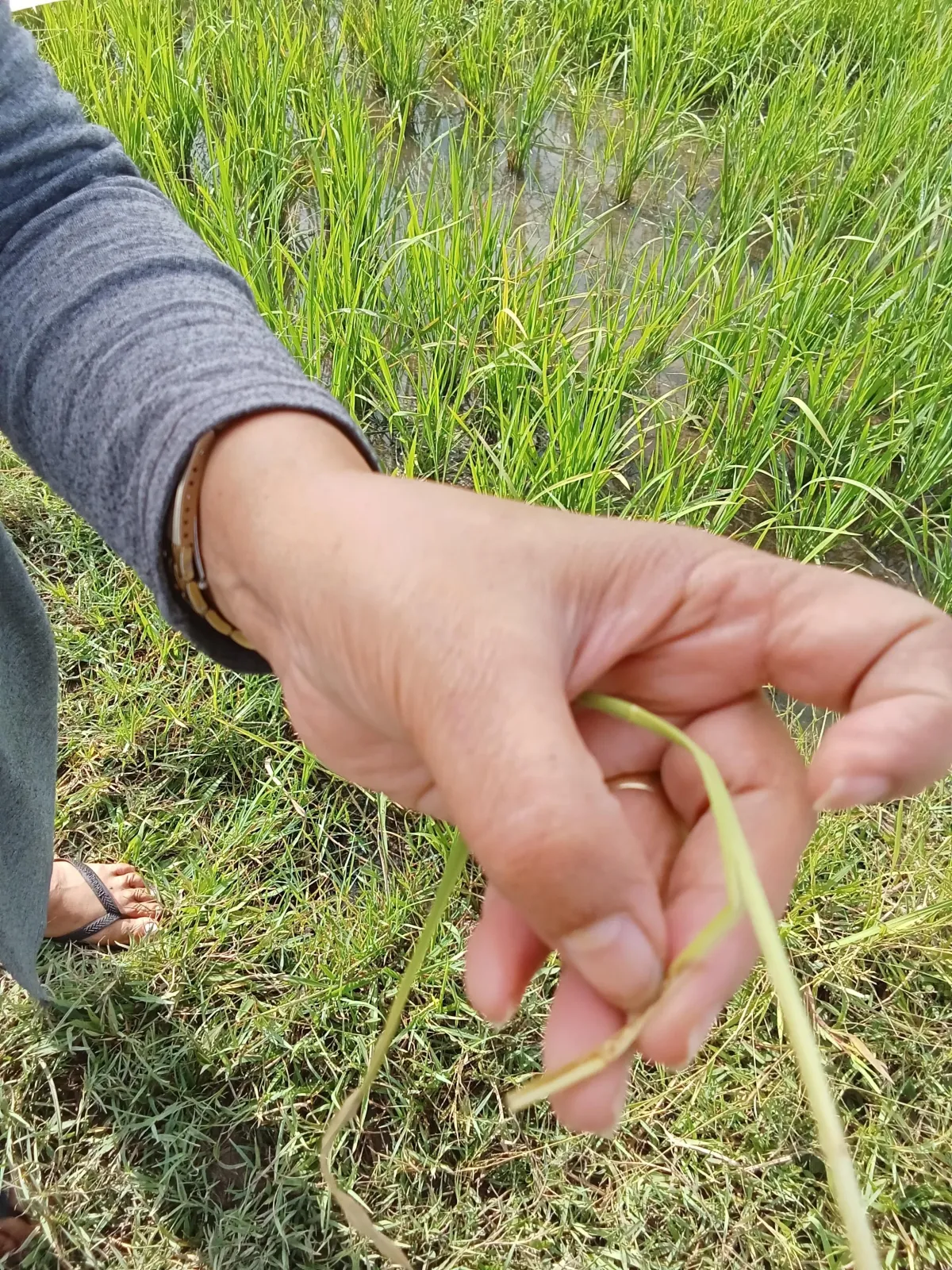
"After dissection, palay was diagnosed as infected with stemborer." - Ma'am Zo, MAO of San Quintin
Day 51 update on Ma'am Zo's Rice Farm.
History: On Day 37 her 5000 sq. Meters farm was heavily infested with Stemborer. Growing new shoots are dying.
Treatment: APO prescription
Current Status: Fully recovered from Stemborer attacks and plant vigor has been restored, and by the look of its tillers and leaves, the crops are looking healthy.
Weekly application APO Biofertilizer was recommended in preparation for the fruiting stage.
December 2, 2023
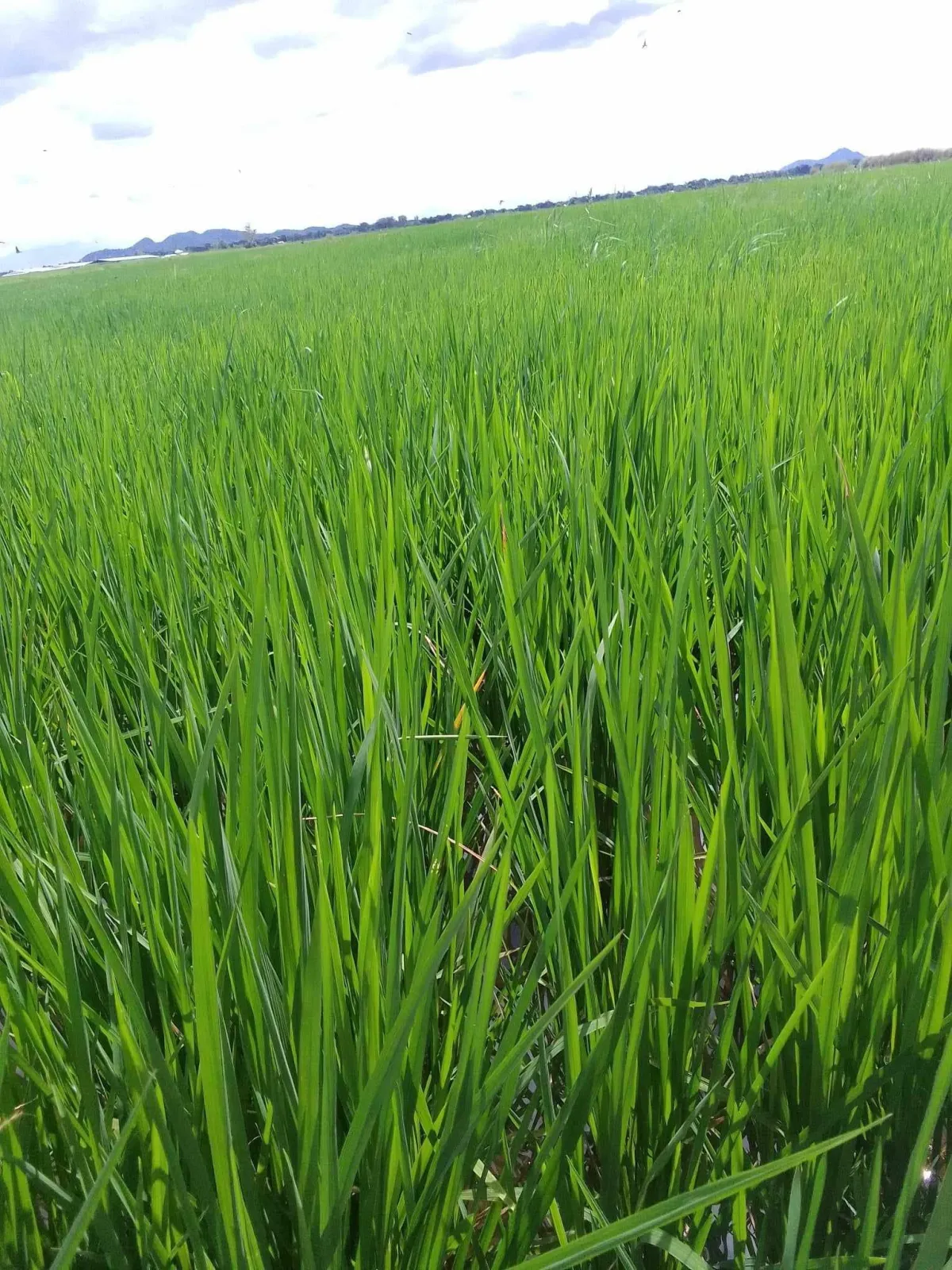
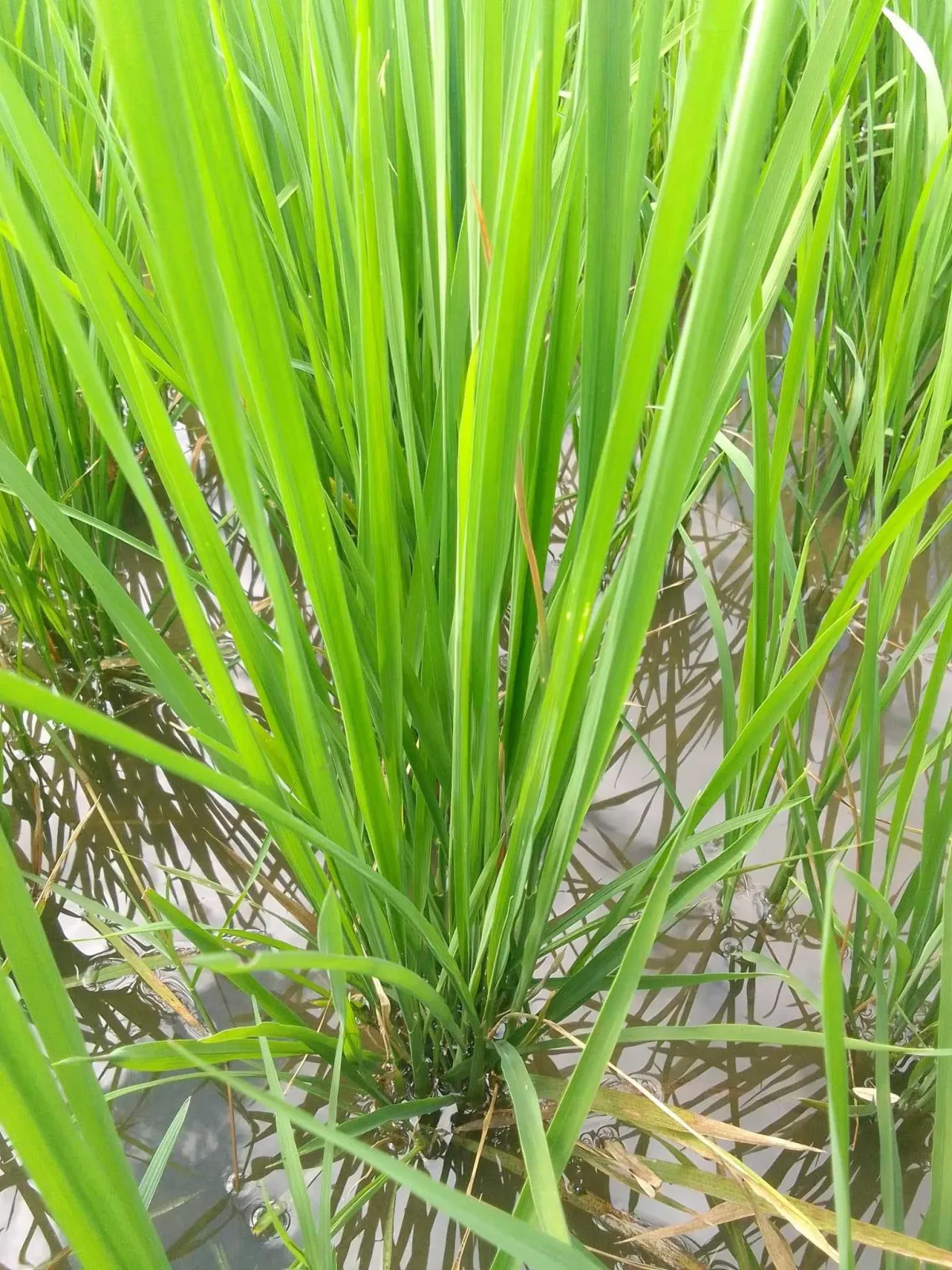
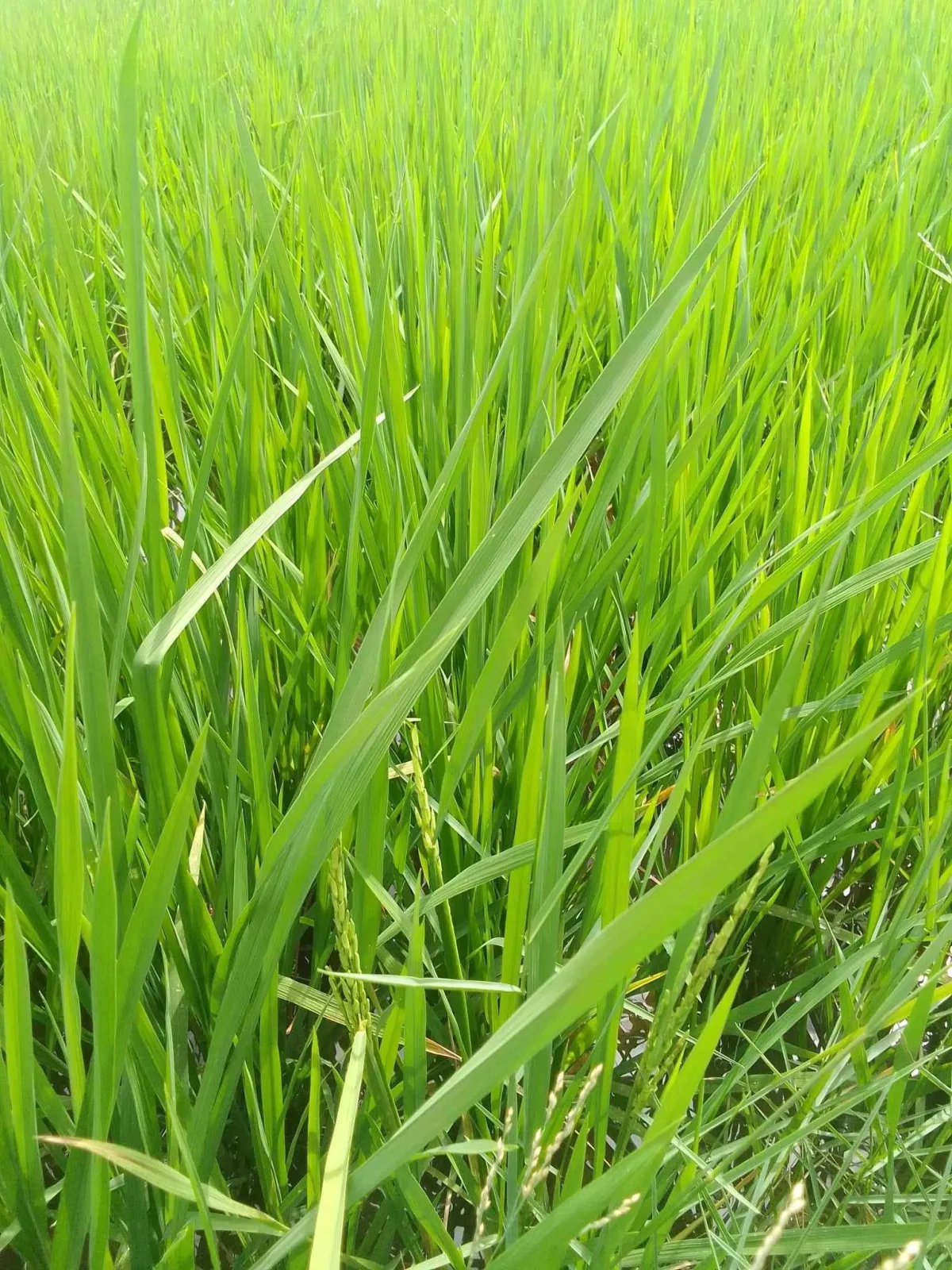
2 Hectares Rice Farm of Pres. Felix Permisson
He availed 2 sets of Green Technology Farming Program, and applied one bag 16-20, one bag of Tripple 14, and three bags of Urea for Balanced Fertilization.
January 21, 2024
"Parang gold!"
"Matipid talaga."
Rice Farm of Sir Luciano of Tobor, Malasiqui
Sir Luciano availed APO Biofertilizer Green Technology Farming Program with Balanced Fertilization for 1 Hectare, and applied two (2) bags of synthetic fertilizer at no insecticides. Looking great at Day 80.
February 10, 2024
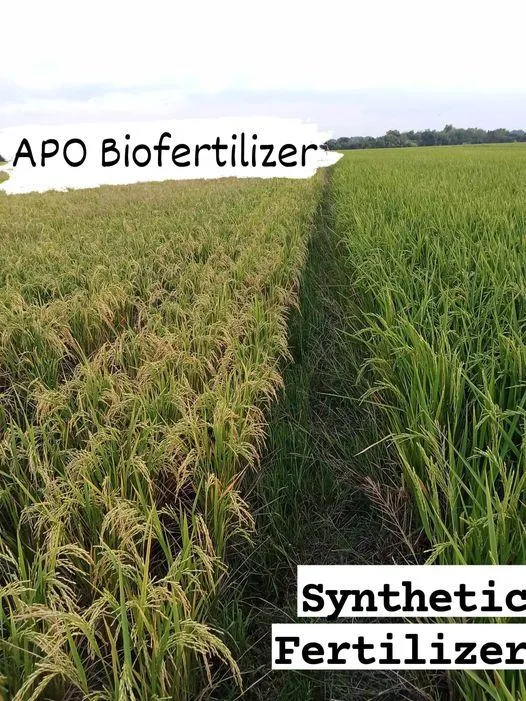
Sir Luciano used his mechanical transplanter for a precision spacing.
"May laman hanggang sa dulong butil." - Sir Luciano
1,900 sqm Rice Farm harvested 1,057 kilos of Palay
This is a Techno-Demo Farm in San Pedro, San Carlos City, Pangasinan for APO BIofertilizer. The farm showed good yield even after being flooded for more than a week during the heavy rainfall of Typhoon Egay.
August 21, 2023
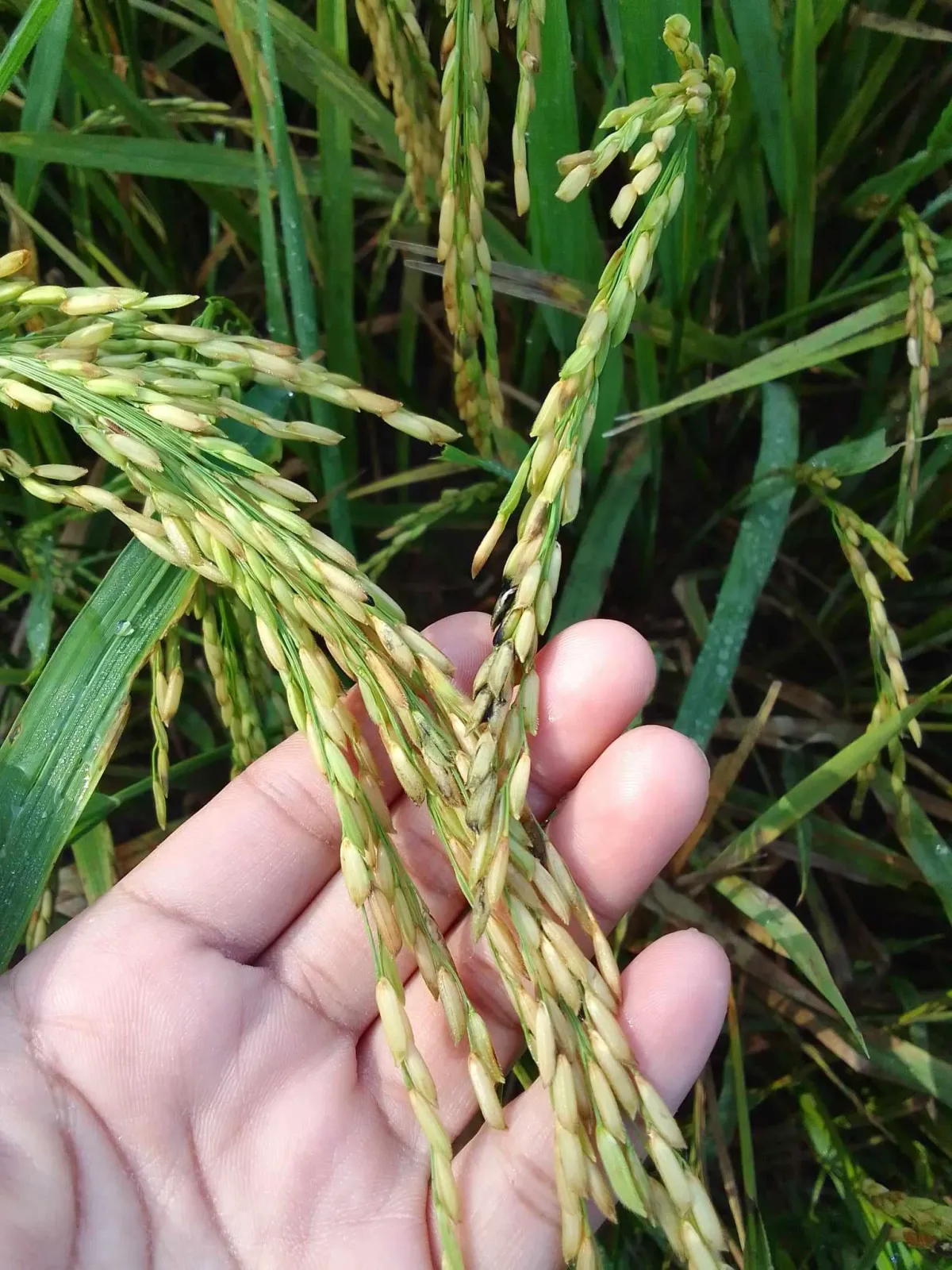
Same age sa palay ni Pres. Melvin. Pilapil lang ang pagitan. Nangitim.
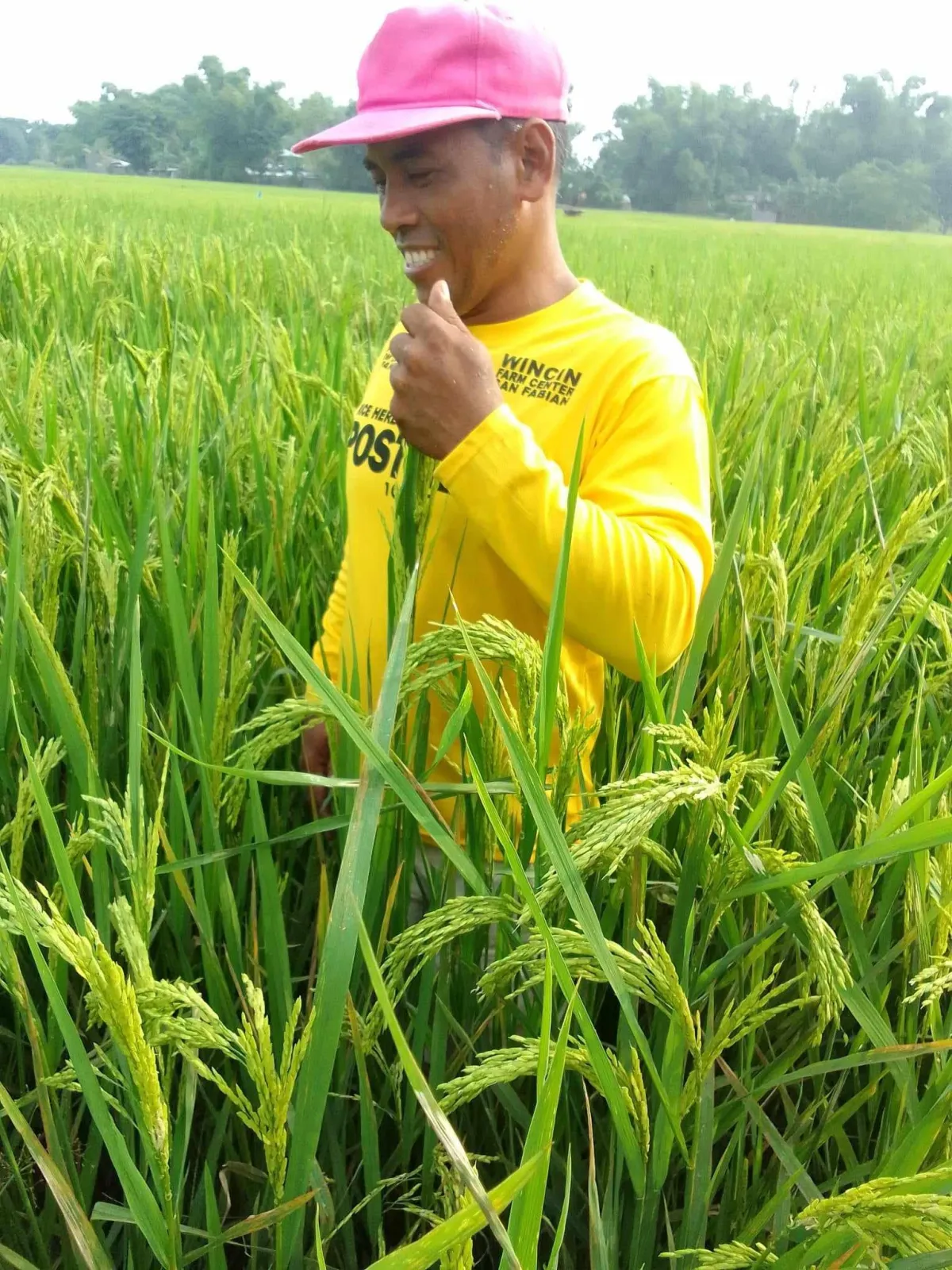
Reaching up to 138 cm.
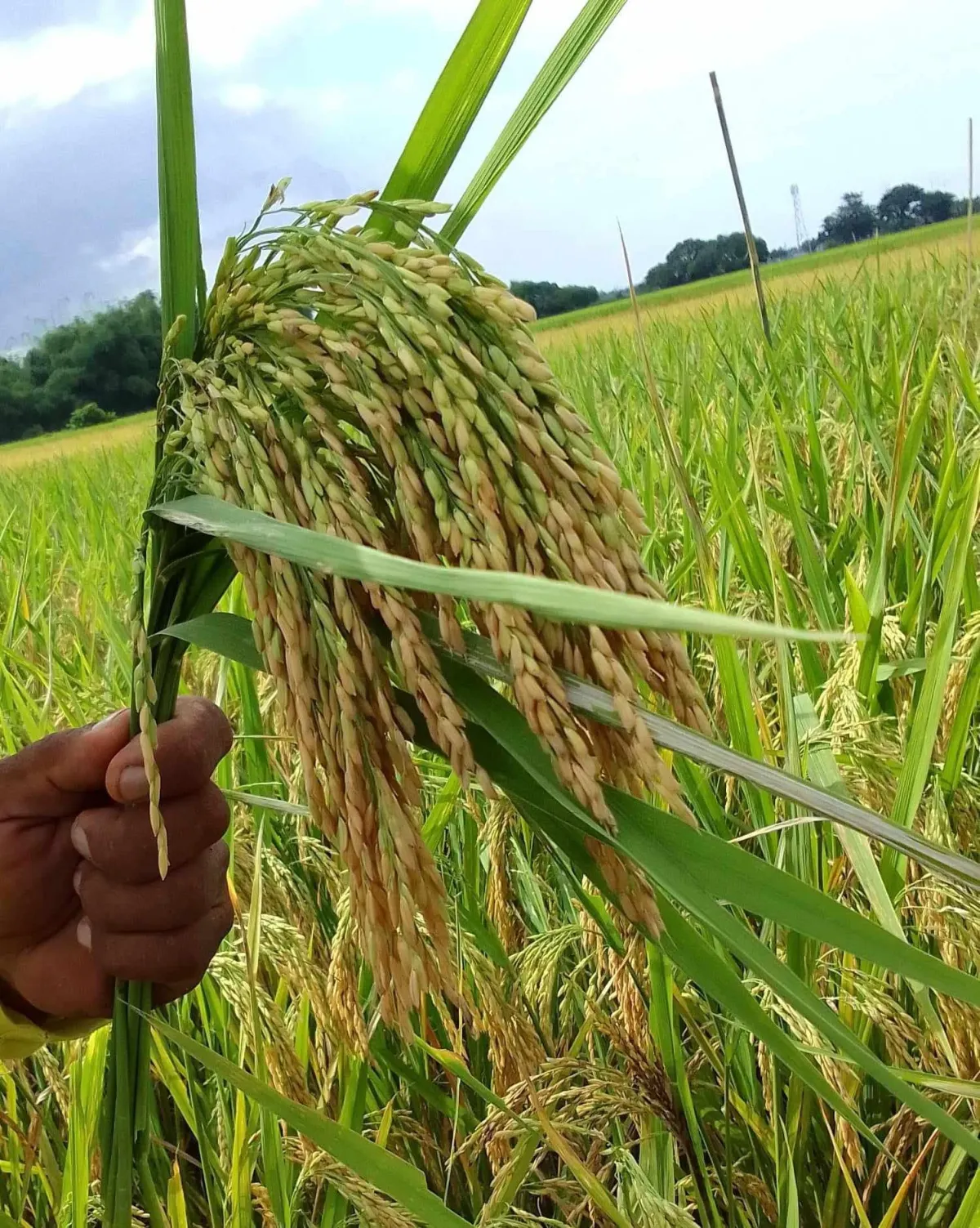
Quality grains.
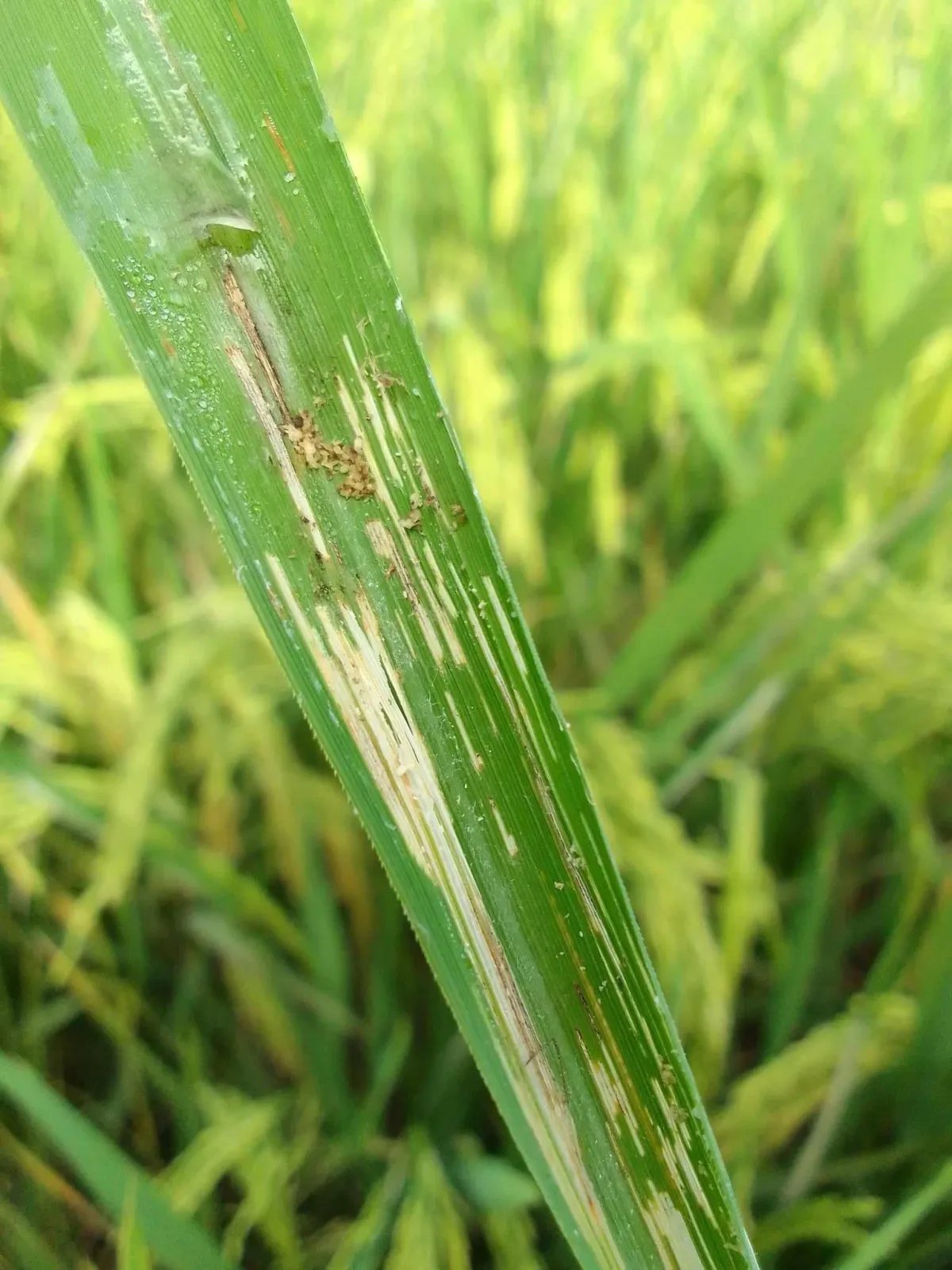
Dried Insect eggs. No insecticide.
By incorporating organic fertilizers into corn farming practices, farmers can reduce their dependence on chemical inputs, minimize environmental impacts, and improve soil fertility over the long term. Additionally, organic fertilizers contribute to better crop resilience, making corn plants less susceptible to diseases and environmental stresses.
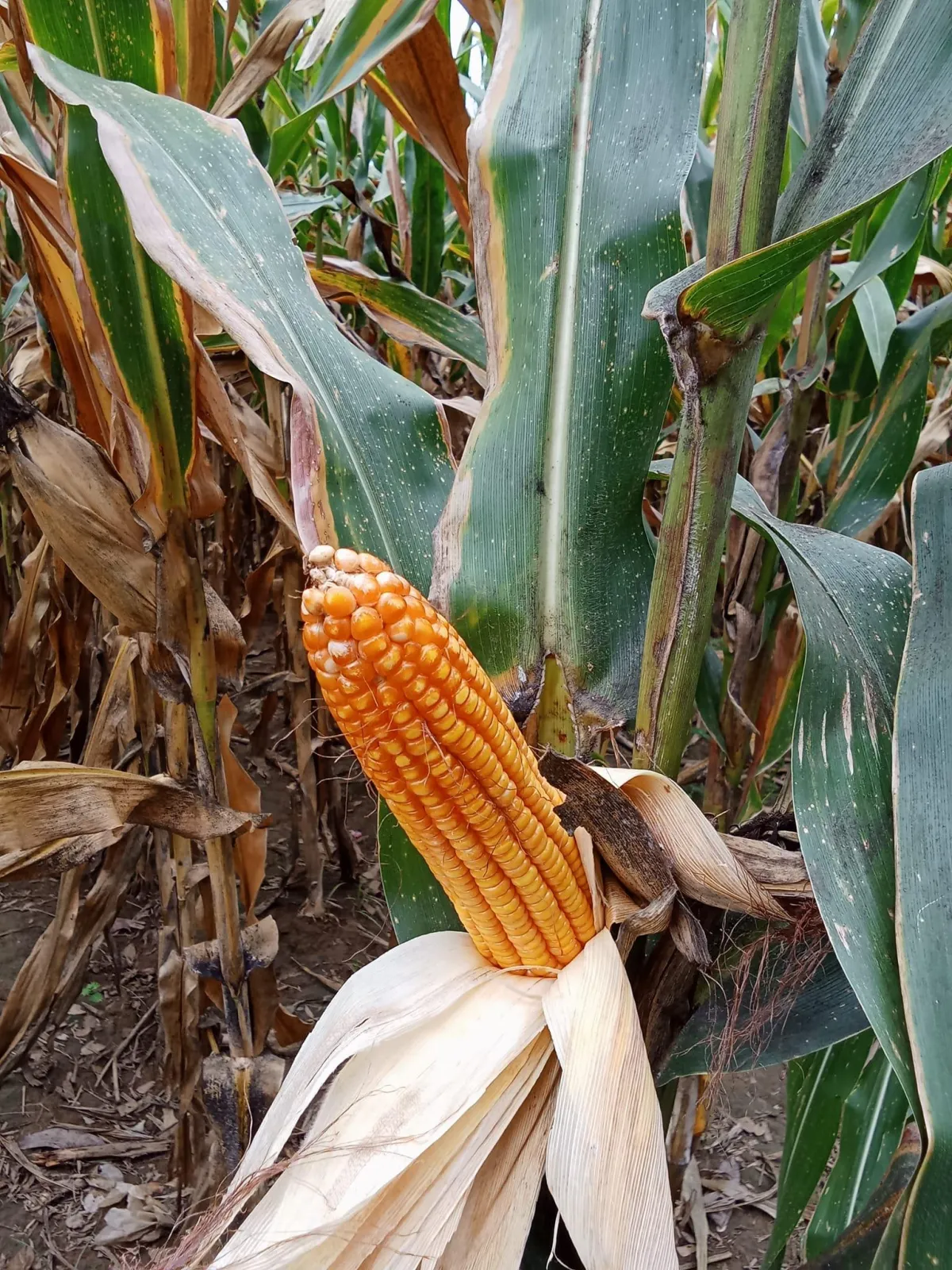
Lowland vegetable farming plays a crucial role in ensuring food security, providing a steady supply of nutritious produce to meet the dietary needs of growing populations. However, maintaining the productivity and sustainability of lowland vegetable farming poses unique challenges due to the high nutrient demands of these crops and the risk of soil degradation. Organic fertilizers have become a cornerstone solution for addressing these challenges, offering both environmental and agronomic benefits.
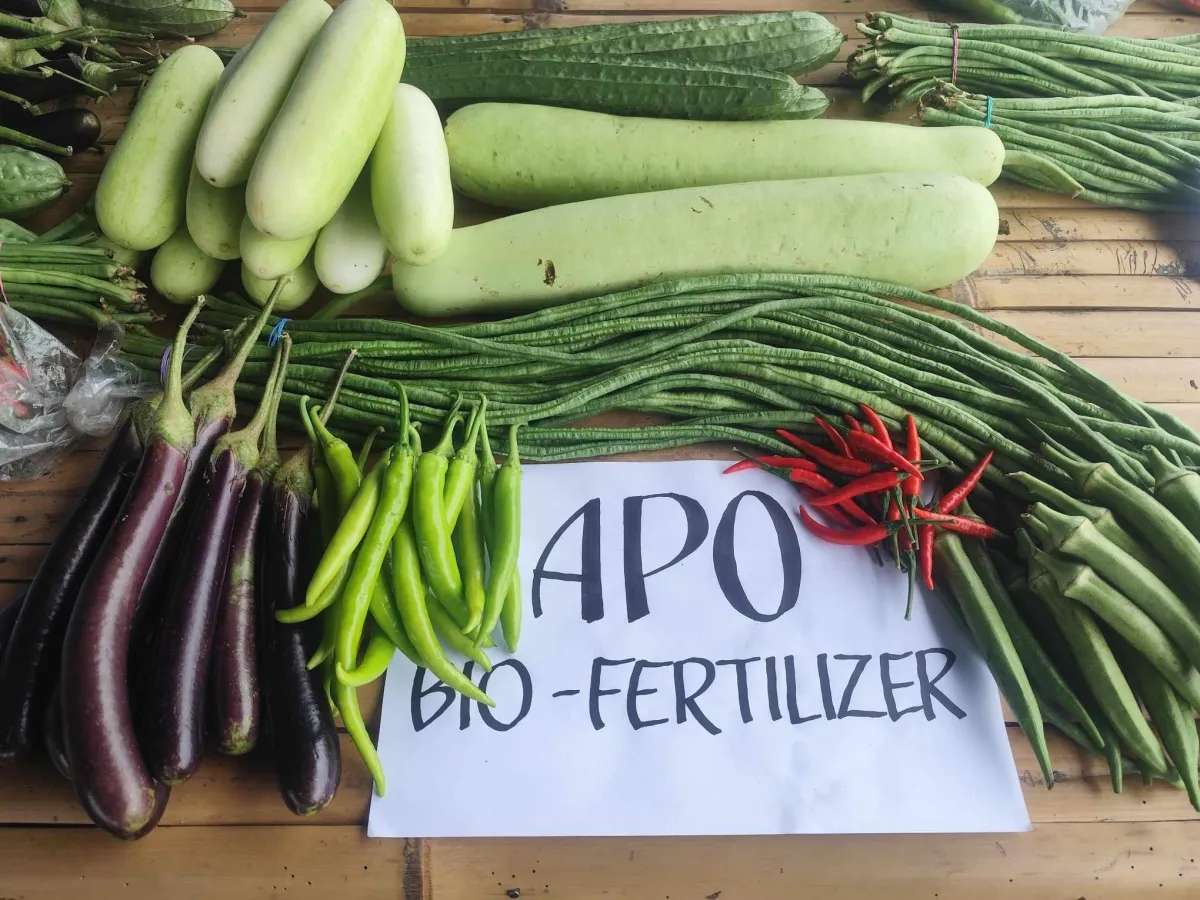
Onions, a cornerstone of culinary traditions worldwide, are not only valued for their flavor but also for their nutritional and economic significance. As a crop that thrives in nutrient-rich soils, onions require a careful balance of essential nutrients to achieve optimal growth, bulb quality, and yield. Organic fertilizers have emerged as a vital tool in meeting these requirements while promoting sustainable agricultural practices.

Rice is a staple crop for more than half of the world’s population, making its sustainable cultivation vital for global food security. However, intensive rice farming often leads to soil depletion, reduced fertility, and environmental concerns, threatening long-term productivity. Organic fertilizers have emerged as an effective and eco-friendly solution to address these challenges while maintaining high yields and promoting soil health.

Feed your soil, grow your future.
© APO BIOFERTILIZER 2022 - All Rights Reserved.
